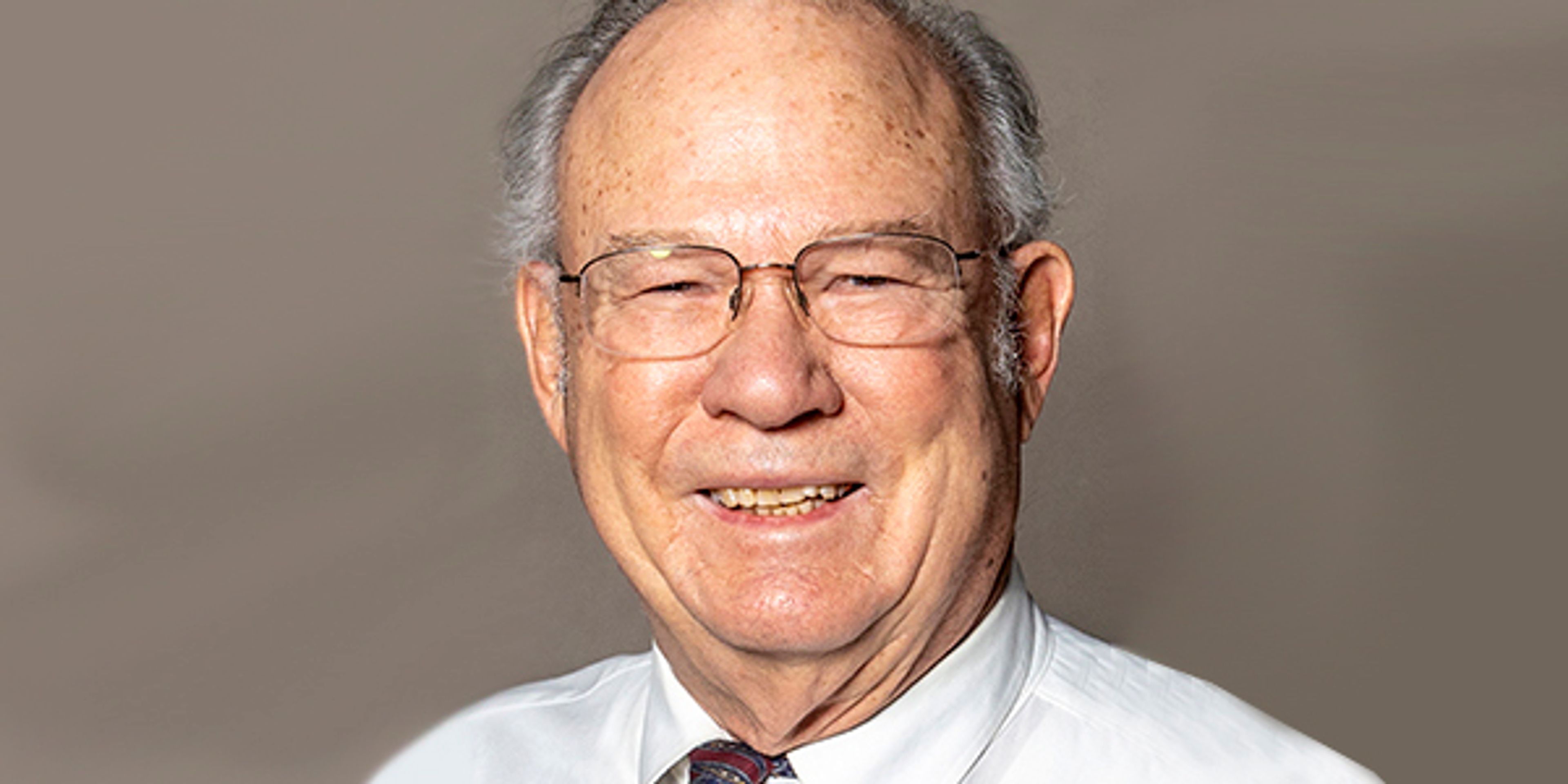OPINION: Don’t block the will of WA voters on natural gas
Guest Editorial: Another Newspaper’s Opinion
This editorial was published in The Seattle Times.
———
Nearly 2 million residents voted to approve Initiative 2066, which aims to protect the use of natural gas as an energy source in state law and within Washington’s building codes. This month, climate advocates, joined by King County and the City of Seattle, filed suit in court to block the will of those voters.
While the courts will have final say, Gov. Jay Inslee and Democratic legislative leaders support killing off what they see as a misguided and overly broad initiative. Their view brushes aside the concerns of the majority of state voters. Those leaders fail to see a genuine fear that, during the clean energy transition, the fundamental supply of energy to homes and businesses — the basic ability to stay warm, cook food and bathe — is under threat.
Blocking the initiative is not the way to reassure Washingtonians about the state’s energy supply and earn their trust within the immense and necessary effort of decarbonization.
Mayor Bruce Harrell, County Executive Dow Constantine and climate advocates contend the measure is a threat to the state’s clean energy goals. Admittedly, voters in Washington’s largest city and most populous county did vote in greater numbers against 2066. But at the state level, legislative leaders and the governor represent every corner of the state. They must address concerns of all state residents.
The lessons of this fall’s election, in the view of Senate Majority Leader Jamie Pedersen, D-Seattle, is that voters were “in sync” with recently enacted policies: a cap-and-trade market for polluters, payroll deduction for long-term care and capital gains tax. Inslee said recently in unveiling his budget proposal that voters’ decision to maintain a capital gains tax guided him to call for a wealth tax on 1% of earnings over those in the state with more than $100 million.
Contrast that conclusion with Initiative 2066. Never mind that 560,000 signatures were gathered in 50 days earlier this year. Inslee told The Times editorial board that 2066’s proponents’ campaign erroneously projected that “jackbooted thugs” would unhook residents from natural gas.
While that clearly isn’t true, it did not help that earlier this year, the state House passed in the middle of the night a sloppily constructed planning bill. The intent was to make it easier for Puget Sound Energy to raise rates on all its customers to help wean others off natural gas. House Bill 1589 also initially included a ban on PSE installing new natural gas hookups.
Gov.-elect Bob Ferguson, the Legislature and leaders around the state owe it to Washingtonians to hold honest, forthright conversations that build consensus around the pace of deep decarbonization. Initiative 2066 was a symptom of energy reliability fears in the years ahead.
Like it or not, natural gas is going to provide a bridge to a clean energy economy. Inslee and ruling Democrats’ climate goals will put an end to harmful coal-generated electricity at the end of 2025. But in its place is not — yet — a robust network of clean energy power production. The state’s utilities will ramp up natural gas electricity production to meet the needs of Washingtonians. That result confounds messaging to everyday Washingtonians that hooking up to natural gas for personal use is problematic.
The editorial board supports the transition to clean energy but this herculean effort must be made in good faith with the residents — and must ensure reliable, affordable energy continues to flow into homes and businesses around the state.
TNS





